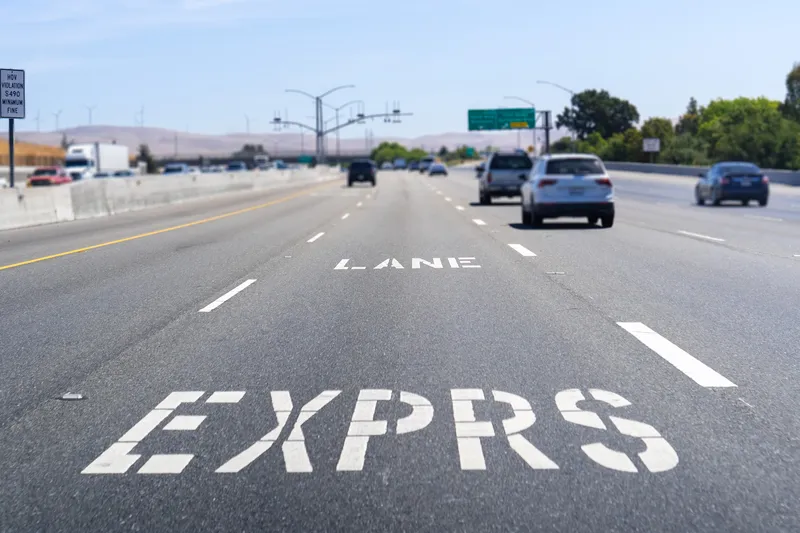Telvent GIT has been selected by the Washington State Department of Transportation (WSDoT) to implement tolling systems through the Washington State Roadway Toll Systems Project. The project includes the implementation, maintenance and operation of three all-electronic tolling systems in the Puget Sound area: the SR-99 bored tunnel in Seattle scheduled to open in 2015, the new SR 520 floating bridge targeted to open in 2014, and the planned I-405 express toll lanes between Bellevue and Lynnwood.
July 24, 2012
Read time: 1 min
Telvent GIT has been selected by the 451 Washington State Department of Transportation (WSDoT) to implement tolling systems through the Washington State Roadway Toll Systems Project. The project includes the implementation, maintenance and operation of three all-electronic tolling systems in the Puget Sound area: the SR-99 bored tunnel in Seattle scheduled to open in 2015, the new SR 520 floating bridge targeted to open in 2014, and the planned I-405 express toll lanes between Bellevue and Lynnwood.
As the systems provider,134 Telvent will implement its SmartMobility tolling system and extend its remote operations and maintenance system (ROMS), currently operational on the state’s SR 520 bridge. This will allow operators to accurately monitor toll systems operations and maintenance management to ensure the reliability and accuracy of the toll system.
As the systems provider,










